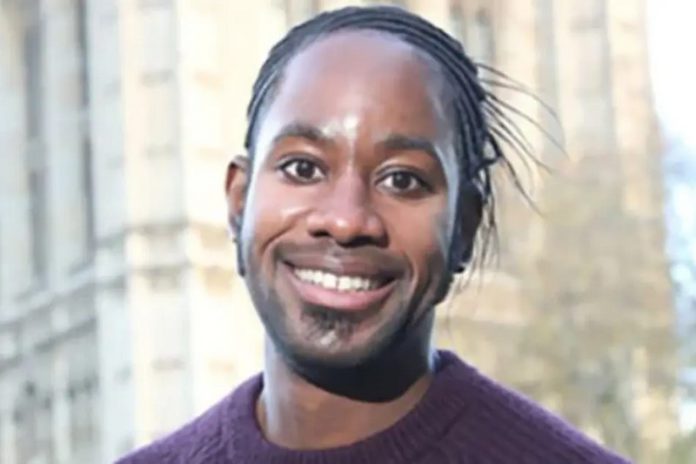Jason Arday, 37, was diagnosed with autism spectrum disorder and global development delay when he was just a kid.
He couldn’t speak until he was 11, using sign language to communicate — and he couldn’t read or write until he was 18.
Less than a decade ago, Arday was given a devastating outlook: He would likely need to stay in an assisted living facility.
He refused to make that a reality, writing that he would “work at Oxford or Cambridge” on the wall of his mum’s bedroom, solidifying one of his lifelong goals.
Now, he’s the youngest black professor at the University of Cambridge. He teaches the sociology of education.

University of Cambridge Faculty SWNS
“As optimistic as I am, there’s just no way I could have thought that would have happened. If I was a betting person, the odds on it were so long. It’s just mad,” Arday told The Times of UK, admitting he had “no idea” what he was doing when he first began writing academic papers.
He told the BBC that watching Nelson Mandela’s prison release in 1990 and witnessing South Africa’s 1995 Rugby World Cup win were among the most formative moments in his young life, vowing that if he didn’t “make it as a football player or a professional snooker player,” then he would “save the world.”
He said he never had a mentor teach him to write for academia, leading to a number of rejections — that is, until he finally reached his goal of teaching at the University of Cambridge. March 6 will mark his first day.
According to the BBC, there are only five other black professors at the university.
“Everything I submitted got violently rejected. The peer review process was so cruel, it was almost funny, but I treated it as a learning experience and, perversely, began to enjoy it,” he explained to The Times.
In the face of adversity, he was hell-bent on changing the tides in his favor. He went on to earn two master’s qualifications after receiving a degree in physical education and education studies from the University of Surrey. He later earned a PhD from Liverpool John Moores University in 2016.
“A lot of academics say they stumbled into this line of work, but from that moment, I was determined and focused — I knew that this would be my goal,” Arday, who hails from South London, told The Times. “On reflection, this is what I meant to do.”

The scholar recalled a dear friend, Sandro Sandri, encouraging him in academia, telling him, “I think we can take on the world and win.”
Arday published his first scholarly paper in 2018, becoming one of the youngest professors in the entire UK when he secured a job at the University of Glasgow’s School of Education.
“My work focuses primarily on how we can open doors to more people from disadvantaged backgrounds and truly democratize higher education,” Arday told The Times.
He hopes that being at Cambridge can leverage his ideas “to lead that agenda nationally and globally.”
Professor Bhaskar Vira, who serves as the pro-vice-chancellor of education at the university, described Arday as “an exceptional scholar.”
“He will contribute significantly to Cambridge’s research in this area and to addressing the under-representation of people from socioeconomically disadvantaged backgrounds, especially those from Black, Asian and other minority ethnic communities,” Vira said in a statement.
“His experiences highlight the barriers faced by many under-represented groups across higher education and especially at leading universities,” he continued. “Cambridge has a responsibility to do everything it can to address this by creating academic spaces where everyone feels they belong.”

